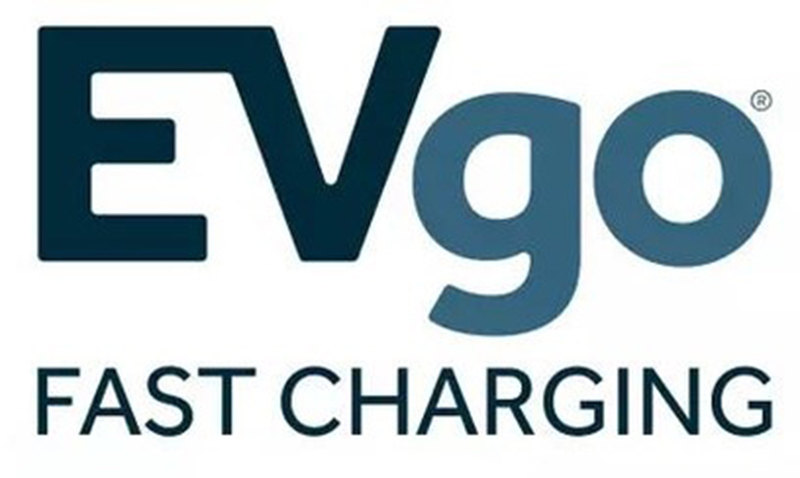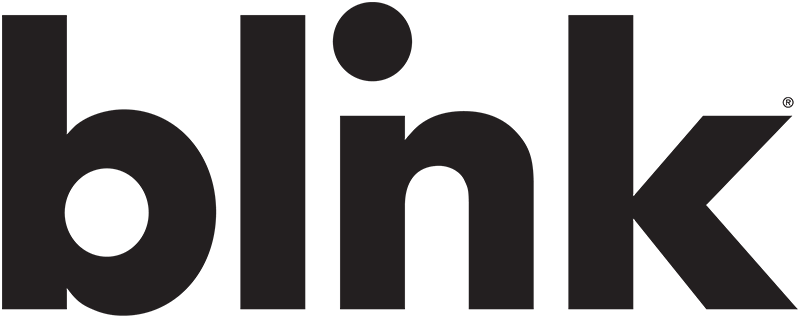On the morning of June 19, Beijing time, according to reports, electric vehicle charging companies in the United States are cautious about Tesla’s charging technology becoming the main standard in the United States. A few days ago, Ford and General Motors said they would adopt Tesla’s charging technology, but questions remain about how interoperability between the charging standards will be achieved.
Tesla, Ford, and General Motors collectively control more than 60 percent of the U.S. electric vehicle market. A deal between the companies could see Tesla’s charging technology, known as the North American Charging Standard (NACS), become the dominant car charging standard in the United States. Shares of Tesla rose 2.2% on Monday.
The deal also means companies including ChargePoint, EVgo and Blink Charging risk losing customers if they only offer CCS charging systems. CCS is a US government-backed charging standard that competes with NACS.
The White House said on Friday that electric vehicle charging stations that provide Tesla charging ports are eligible to share in billions of dollars in U.S. federal subsidies as long as they also support CCS ports. The White House’s goal is to promote the deployment of hundreds of thousands of charging piles, which it believes is an integral part of promoting the popularity of electric vehicles.
Charging pile manufacturer ABB E-mobility North America, a subsidiary of Swiss electrical giant ABB, will also offer an option for the NACS charging interface, and the company is currently designing and testing related products.
Asaf Nagler, the company’s vice president of external affairs, said: “We are seeing a lot of interest in integrating NACS charging interfaces into our charging stations and equipment. Customers They’re all asking, ‘When will we get this product?’” “But the last thing we want is to rush to find an imperfect solution. We still don’t fully understand all the limitations of the Tesla charger itself.”
Schneider Electric America is also providing the hardware and software for charging electric vehicles. Interest in integrating NACS charging ports has picked up since Ford and GM announced the decision, said company executive Ashley Horvat.
Blink Charging said Monday that it will introduce a new fast charging device that uses the Tesla interface. The same goes for ChargePoint and Tritium DCFC. EVgo said it will integrate the NACS standard in its fast charging network.
Affected by the announcement of charging cooperation between the three major auto giants, the stock prices of several car charging companies fell sharply on Friday. However, some shares pared some of their losses on Monday after announcing they would integrate NACS.
There are still concerns in the market about how smoothly the NACS and CCS standards will be compatible with each other, and whether promoting both charging standards in the market at the same time will increase the cost for suppliers and users.
Neither the major automakers nor the U.S. government have explained how the interoperability of the two standards will be achieved or how the fees will be settled.
“We don’t quite know yet what the charging experience will look like in the future,” said Aatish Patel, co-founder of charging pile maker XCharge North America.
Manufacturers and operators of charging stations have noted several interoperability concerns: whether Tesla Superchargers can provide suitable fast charging for high-voltage vehicles, and whether Tesla charging cables are designed to fit some cars the charging interface.
Tesla’s super charging stations are deeply integrated with Tesla vehicles, and payment tools are also tied to user accounts, so users can charge and pay seamlessly through the Tesla app. Tesla also provides power adapters that can charge cars at non-Tesla charging stations, and has opened up Superchargers for use by non-Tesla vehicles.
“If you don’t own a Tesla and want to use a Supercharger, it’s not very clear. How much Tesla technology Ford, GM and other automakers want to put in their products to make it seamless Or will they do it in a less seamless way, allowing for compatibility with the larger charging network?” Patel said.
A former Tesla employee who worked on the development of the supercharger said that integrating the NACS charging standard would increase cost and complexity in the short term, but given that Tesla can bring more vehicles and a better user experience, the government needs to support this standard.
The former Tesla employee is currently working for a charging company. The company, which is developing CCS charging technology, is “re-evaluating” its strategy because of Tesla’s partnership with GM.
“Tesla’s proposal is not yet a standard. It has a long way to go before it becomes a standard,” said Oleg Logvinov, president of CharIN North America, an industry group that promotes the CCS charging standard.
Logvinov is also CEO of IoTecha, a supplier of EV charging components. He said the CCS standard deserves support because it has more than a dozen years of cooperation with several suppliers.
Post time: Jul-10-2023





